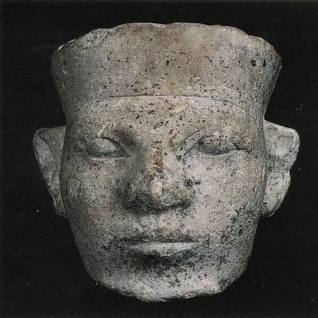Brief biography – Dapo Ladimeji
His academic career started early when Dennis Brutus, who had been offered a professorship at Northwestern in Chicago, recommended him as a replacement for a lecture series in London that he was to give at what is now University of Westminster. The university accepted the offer perhaps without realising their new lecturer was a teenager who had yet to go to university let alone graduate. The series was a success and the university sought to put him on a permanent position at which point they learnt he was by then a first year undergraduate at Cambridge University. He was appointed and taught for over 10 years. In context: Cambridge University allowed him to supervise final year students in African literature even though he was a first year undergraduate.
He published many articles as an undergraduate including one in the prime professional philosophy journal, ‘Philosophy’, which was praised by a Nobel scientist Dr Medawar, as the best on the subject.
While a student at Cambridge he was appointed to the Editorial board of several journals: ‘Transition’ with Wole Soyinka, and ‘Race and Class’, Journal of Institute of Race Relations, London and began reviewing for ‘New Society’.
He later left academia to become a chartered accountant and the first Black partner (International tax partner) in a City of London professional firm. He subsequently setup his own practice.
Since January 2021 he has returned to academia, joining the Institute of African and Diaspora Studies at University of Lagos.

